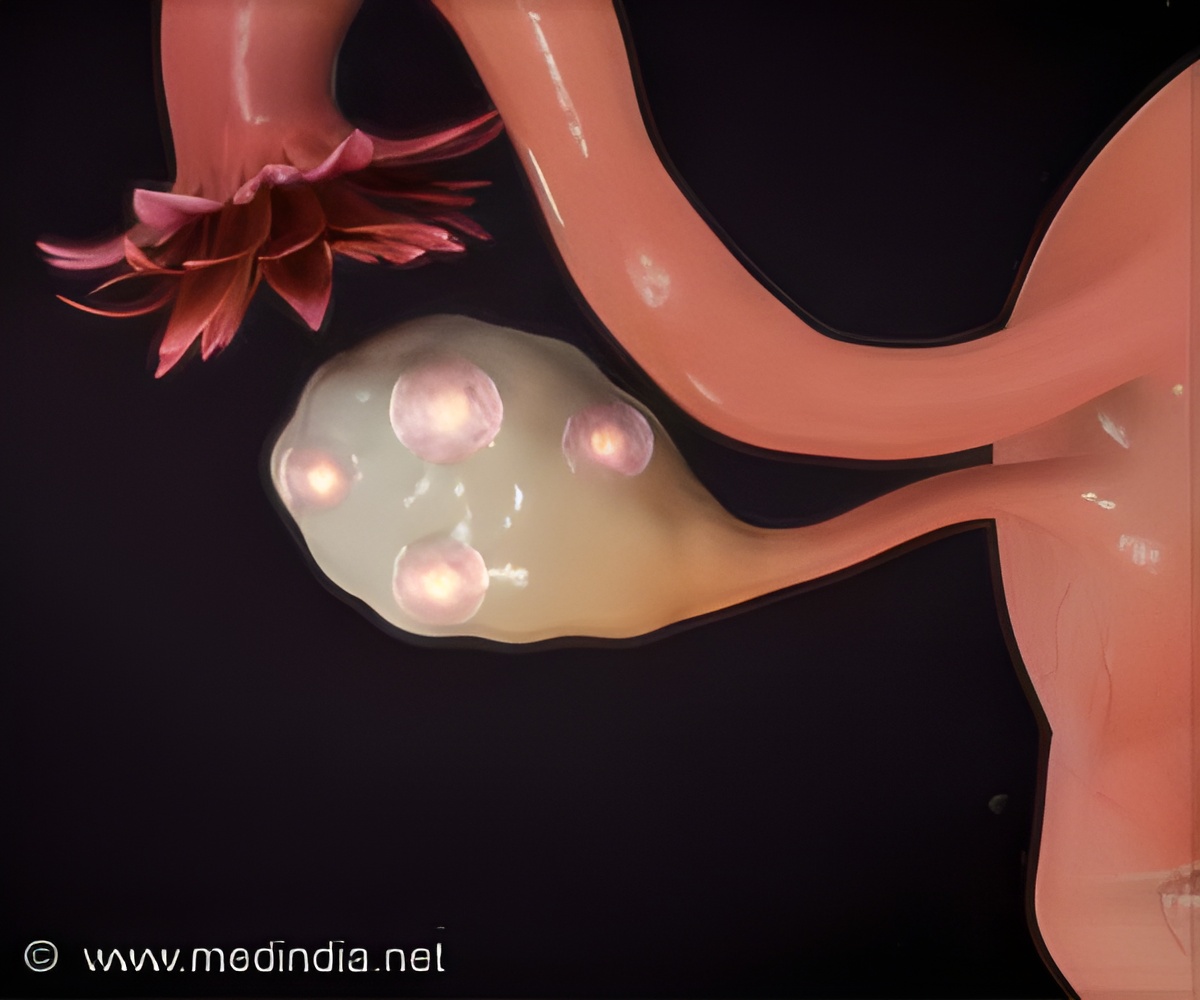New group of drugs, called PARG inhibitors, can kill ovarian cancer cells by targeting weaknesses within their ability to copy their DNA.

‘PARG inhibitor in combination with CHK1 and WEE1 inhibitors could kill ovarian cancer cells effectively with less chance of relapse, providing a new treatment approach for ovarian cancer patients.’
Read More..




The first-in-class PARG inhibitor PDD00017273, was discovered in the
Drug Discovery Unit at the Cancer Research UK Manchester Institute,
part of The University of Manchester, as part of a targeted program to
discover PARG inhibitors for the clinic. Read More..
This program is currently being progressed through a collaboration with IDEAYA Biosciences, Inc., an oncology-focused biotechnology company committed to the discovery of breakthrough synthetic lethality medicines and immuno-oncology therapies.
These findings are promising for patients diagnosed with ovarian cancer, the sixth commonest cause of cancer in women in the UK and causes more than 4,000 deaths each year.
"Sadly, for the majority of women diagnosed with ovarian cancer, the cancer relapses within 12 to 18 months of their first treatment, and so there is a pressing need to develop new therapies to treat this condition" said lead scientist Prof Stephen Taylor from The University of Manchester.
Through a collaborative effort across The University of Manchester including the Cancer Research UK Manchester Institute and The Christie , Manchester, scientists were able to screen ovarian cancer cells for specific genes that, when knocked out, would bring about PARG-inhibitor sensitivity. Through their work, the team identified the key genes that made cancer cells sensitive to PDD00017273 were those involved in DNA replication.
Advertisement
"This new class of drugs is potentially very exciting and could signal a new way to help patients diagnosed with ovarian cancer in which their tumour has not responded to standard treatments".
Advertisement
Dr. Robert Morgan, from The Christie, said: "We hope this work will provide further impetus for developing a PARG inhibitor for use in human trials, and also biomarkers that can be used to select the most appropriate patients to receive such treatments in the future"
Source-Eurekalert












